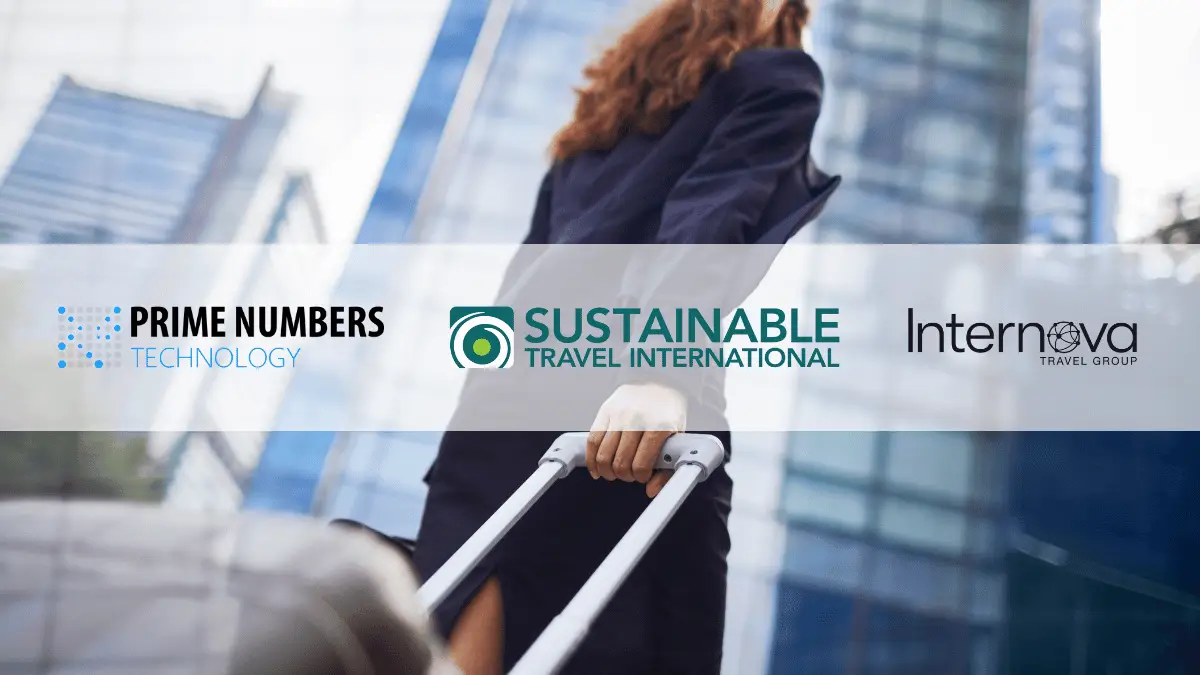
Marlborough, MA (August 11, 2023) – To solve for the increasing client demand of offsetting carbon emissions resulting from business travel, Internova Travel Group has enlisted trusted partner Prime Numbers Technology to build a convenient and easy-to-use solution into its corporate travel division’s existing travel reporting and analytics platform, Prime...
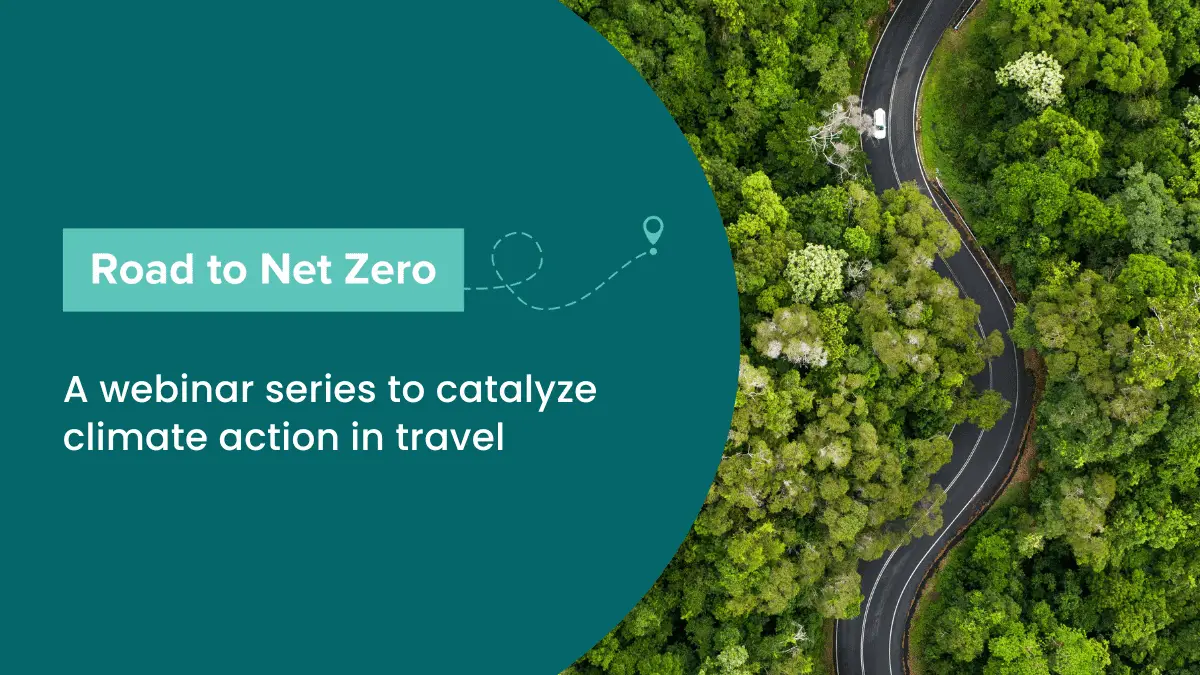
Each webinar will focus on a different topic related to climate action in travel, with the first slated to explore the effectiveness of forest carbon offsets as a climate solution. SEATTLE, WA (April 4, 2023) – Today, Sustainable Travel International announced it will host a new webinar series, Road to...
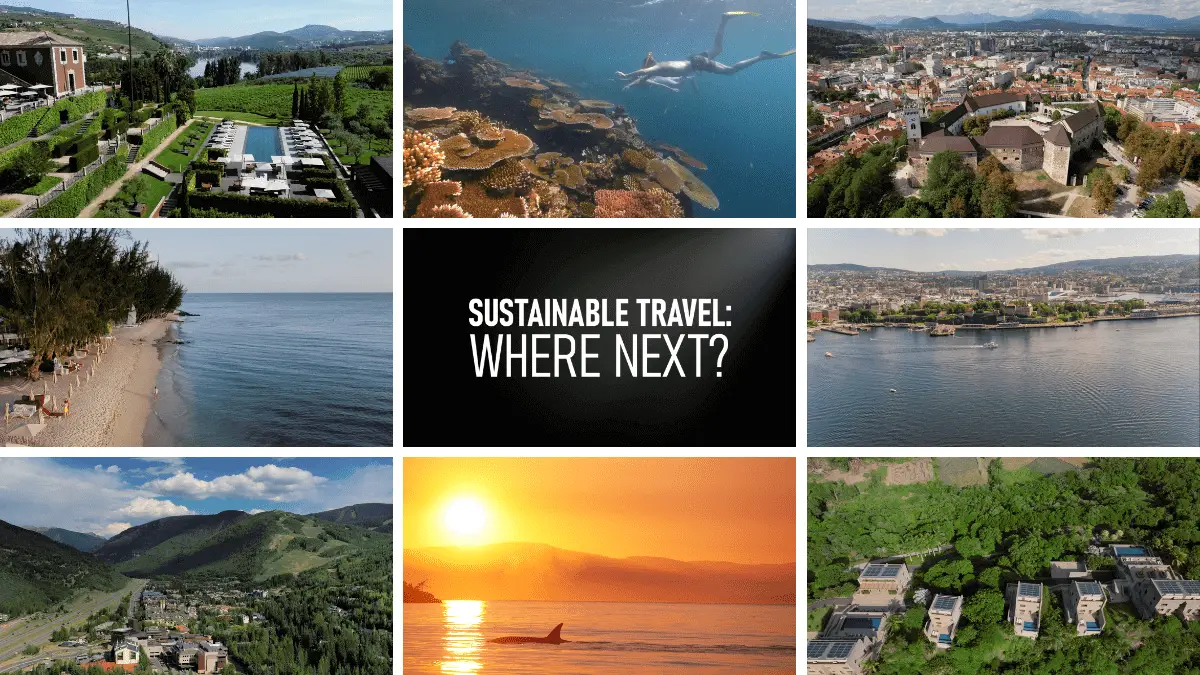
SEATTLE, WA (January 26, 2023) – Today, Sustainable Travel International officially announced that they will be releasing a second season of their Sustainable Travel: Where Next? documentary series. The new season of the sustainable travel series is set to release in September 2023 on World Tourism Day. Sustainable Travel International...
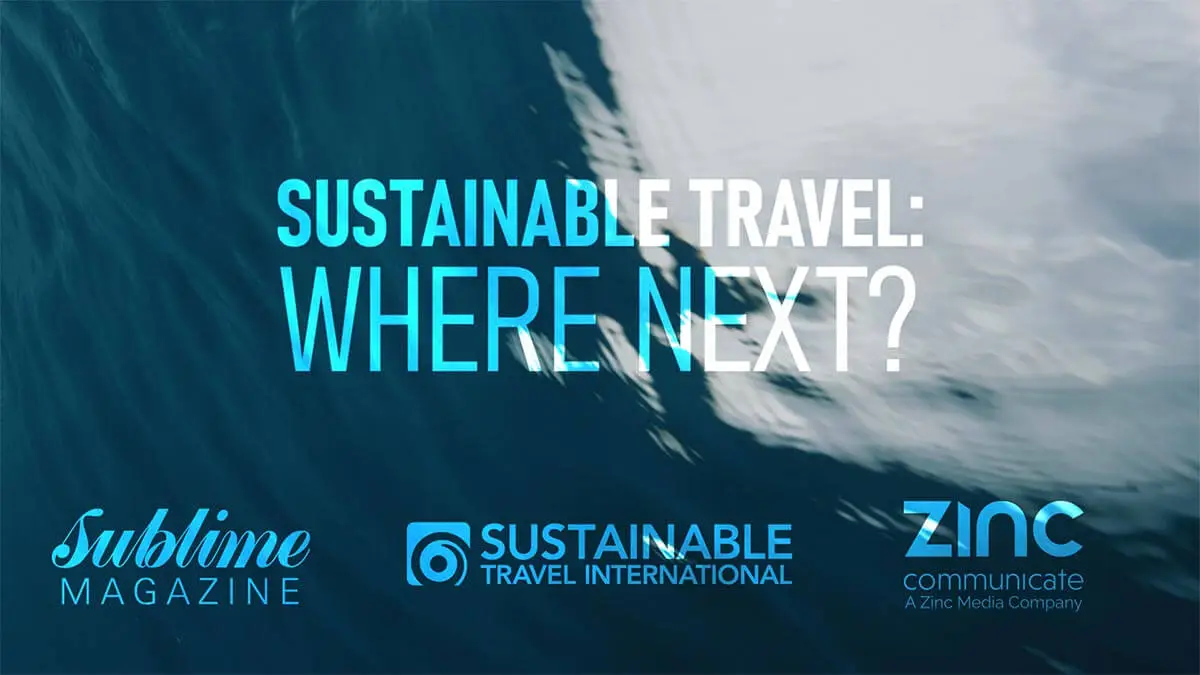
SEATTLE, WA (September 27, 2022) – Today, Sustainable Travel International released Sustainable Travel: Where Next?, an all-new documentary series that highlights how the global travel and tourism sector is taking action to protect our planet and its treasured destinations. The series debuts as the international community celebrates World Tourism Day...

From travel to food to facilities, collaboration helps reduce delegates’ footprint and overall impact of Responsible Business Europe’s conference in London on 8-9 June Reuters Events Sustainable Business, the leading platform for business intelligence for sustainability, partnered with Sustainable Travel International to make this year’s Responsible Business Europe a carbon...
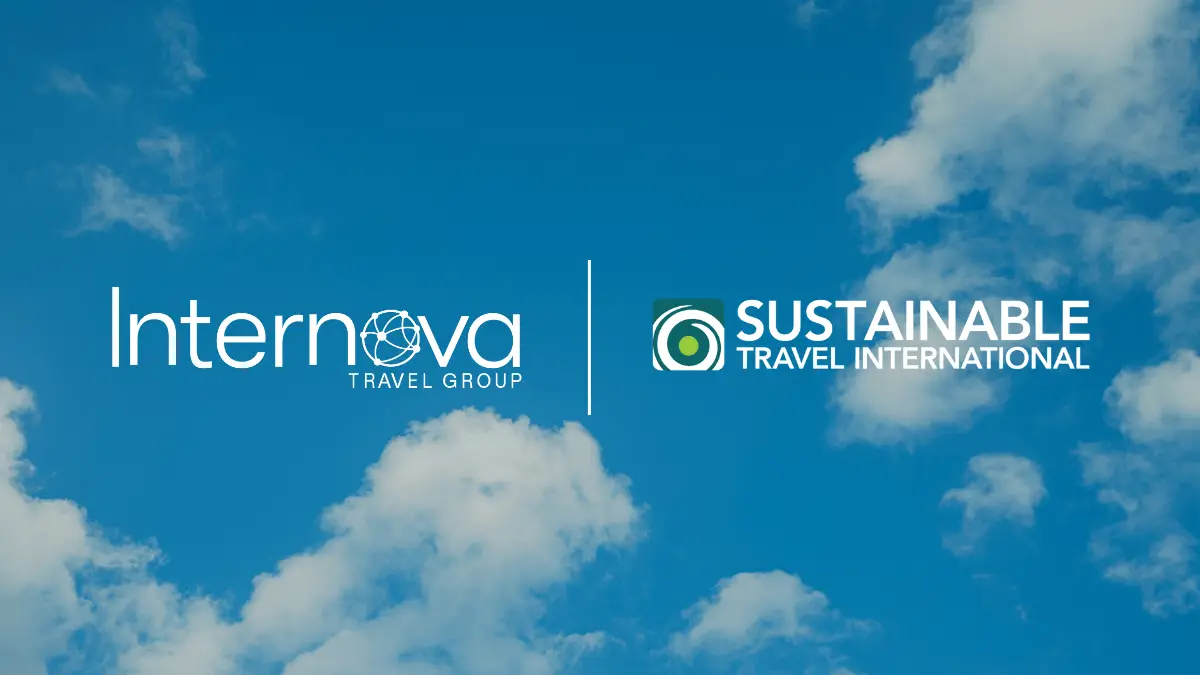
A new partnership with Sustainable Travel International brings awareness and carbon offset options to employees, advisors and clients worldwide NEW YORK (June 6, 2022) – On the heels of World Environment Day, Internova Travel Group, one of the largest travel services companies in the world, today announced it is offering...